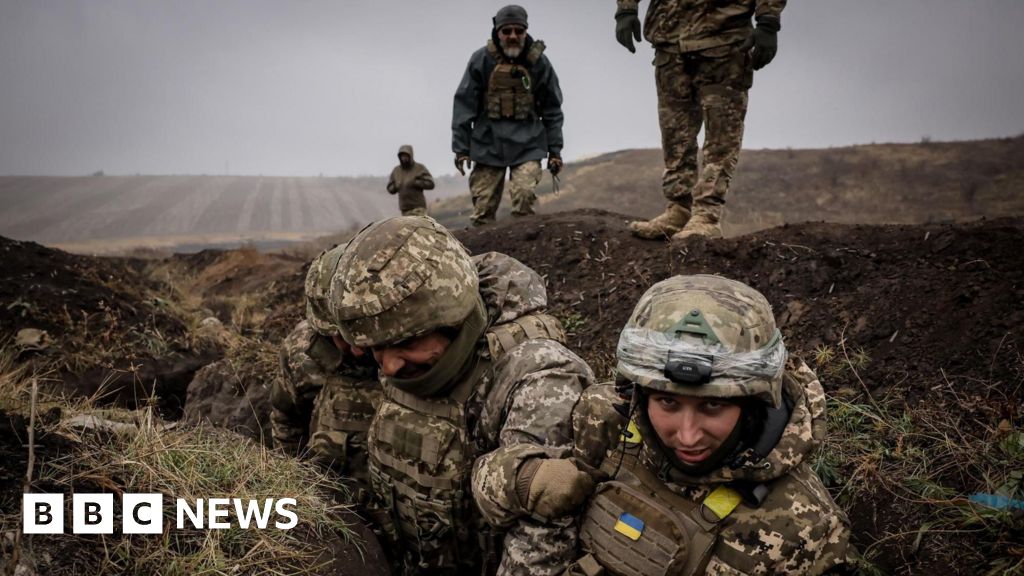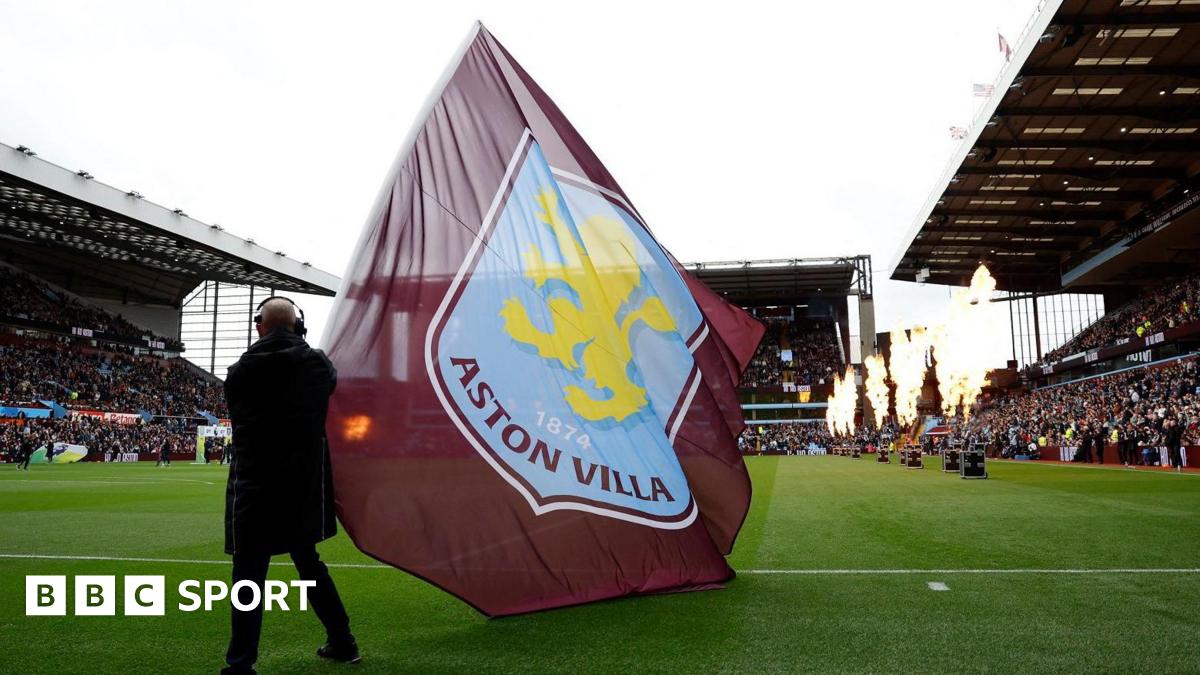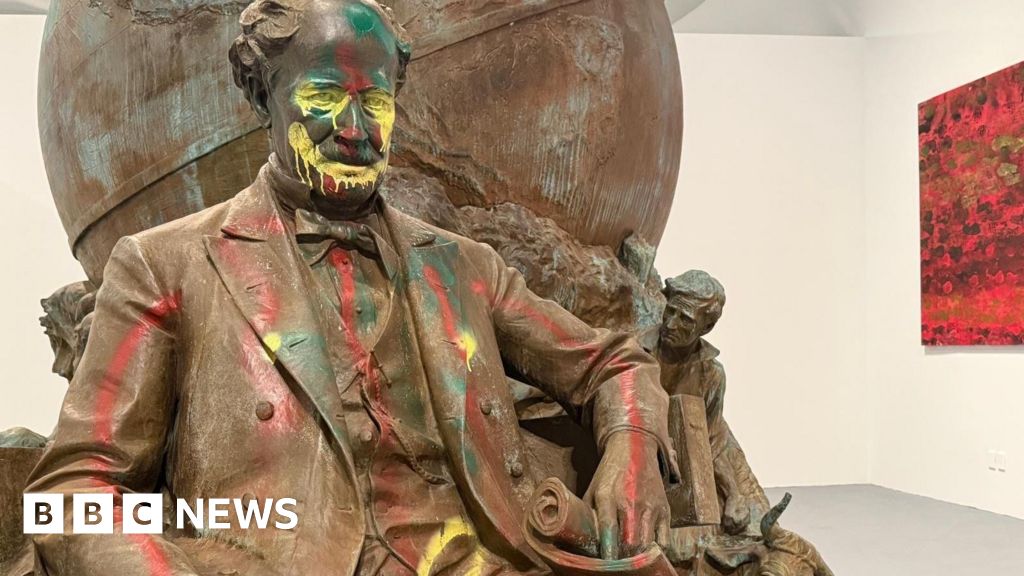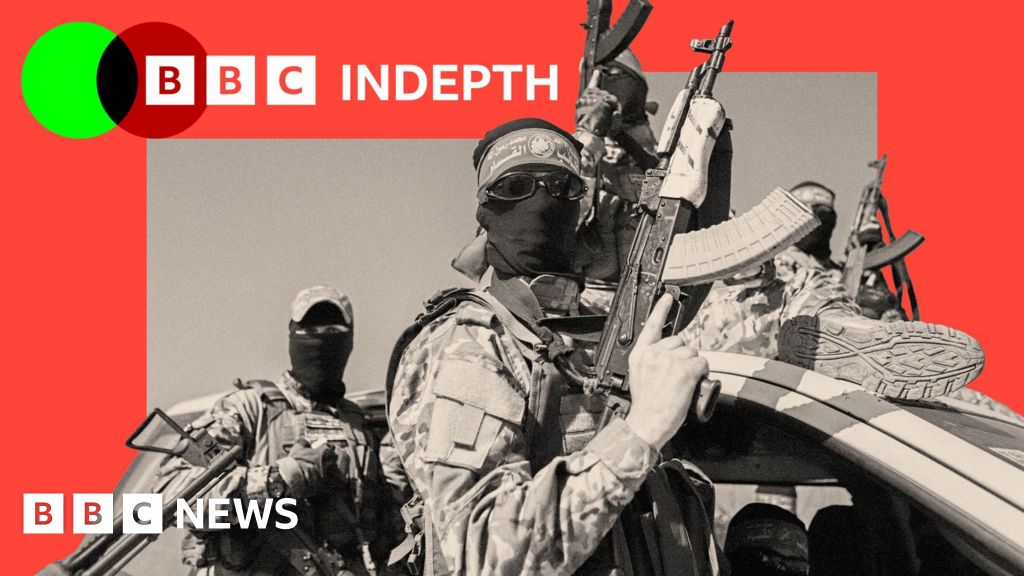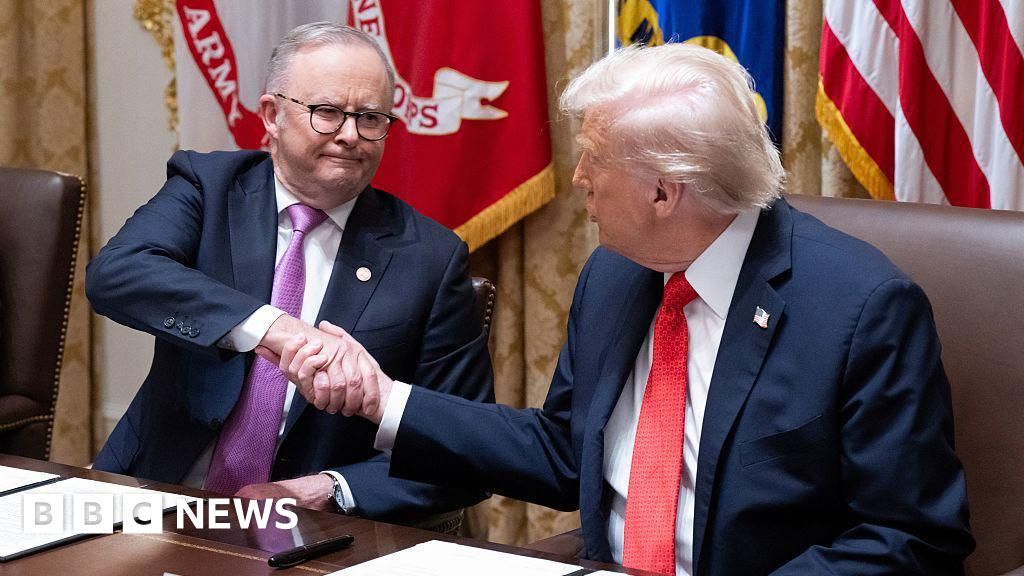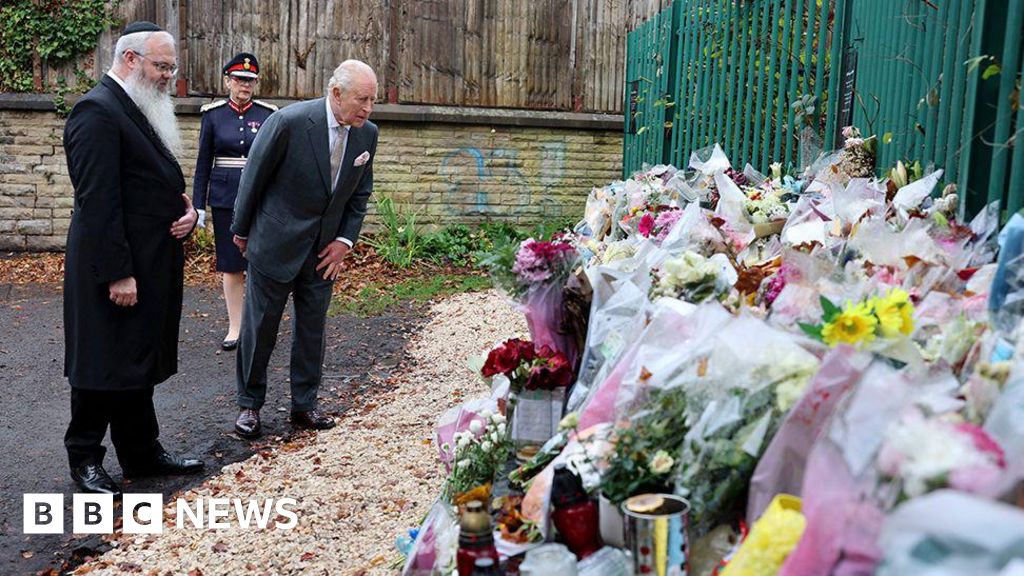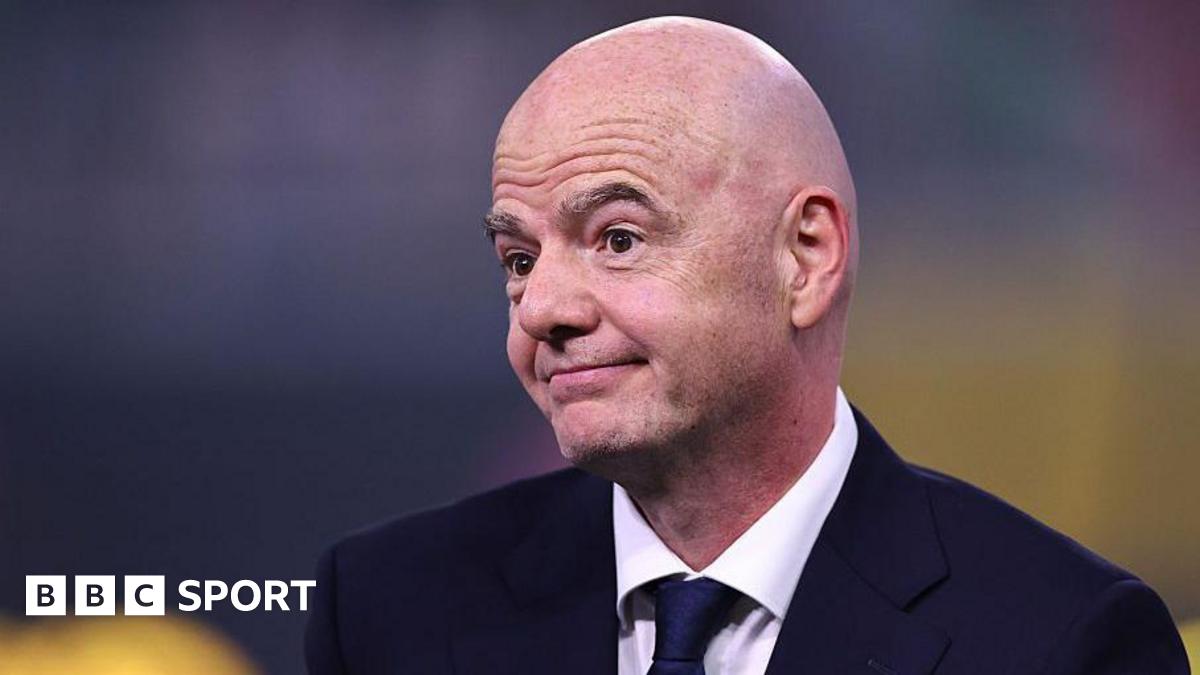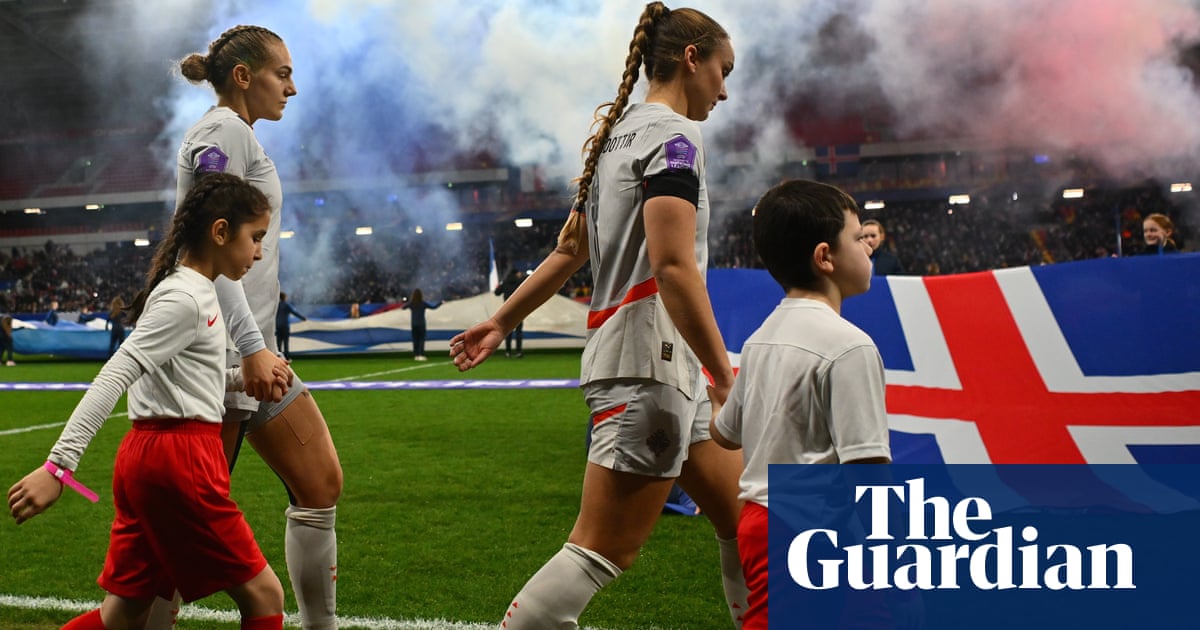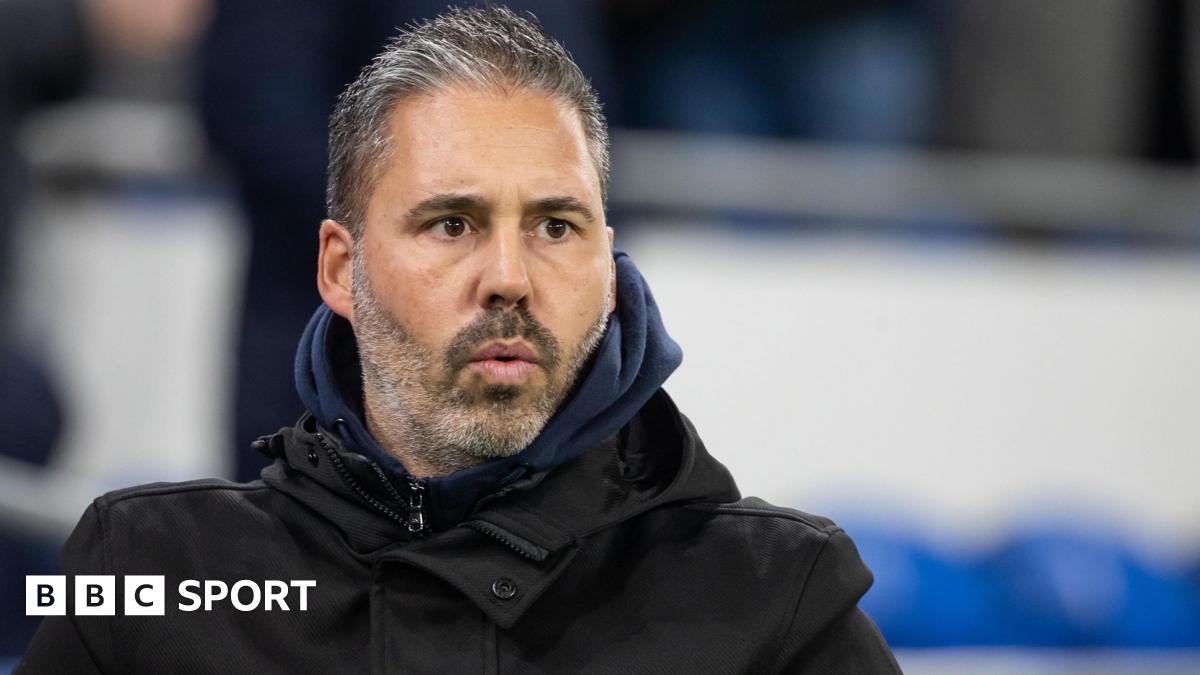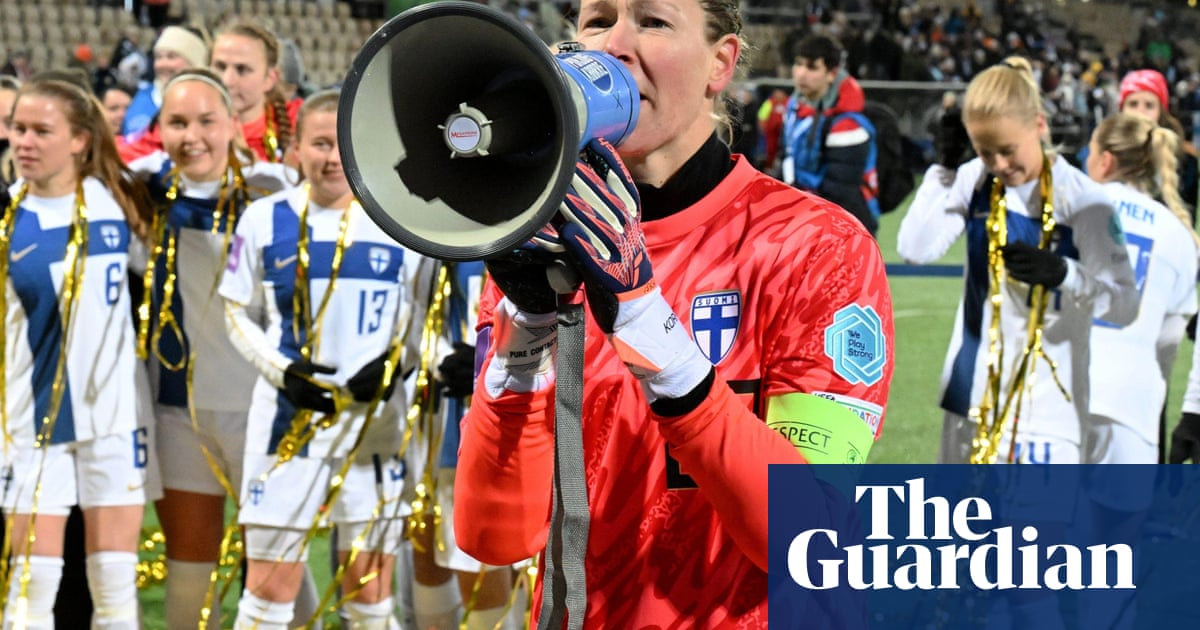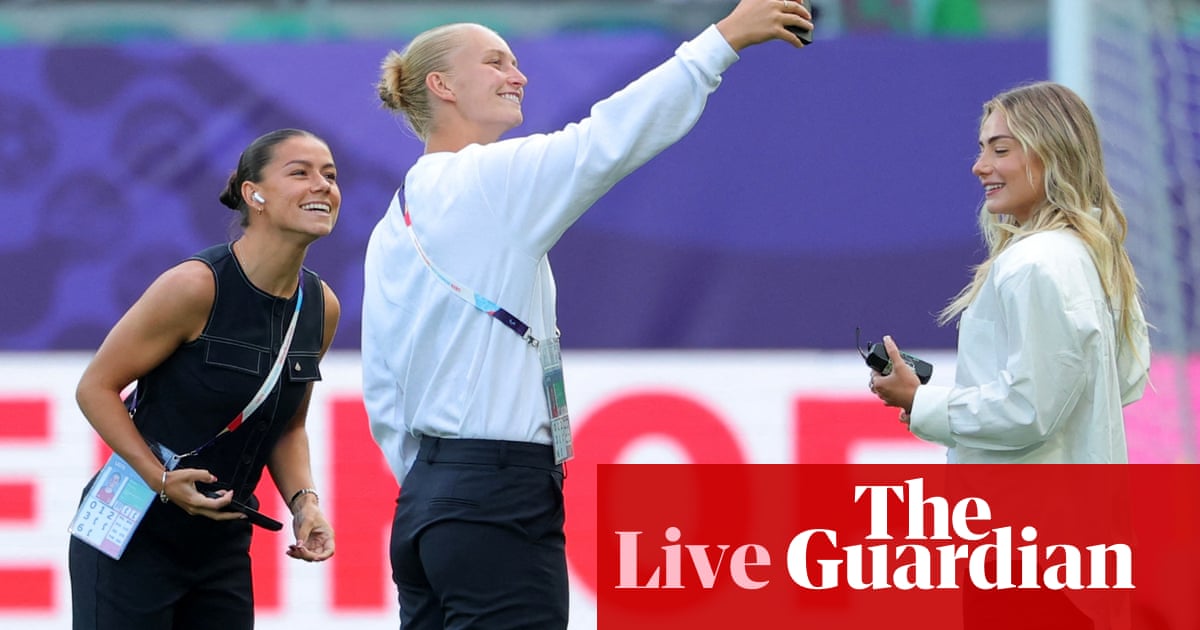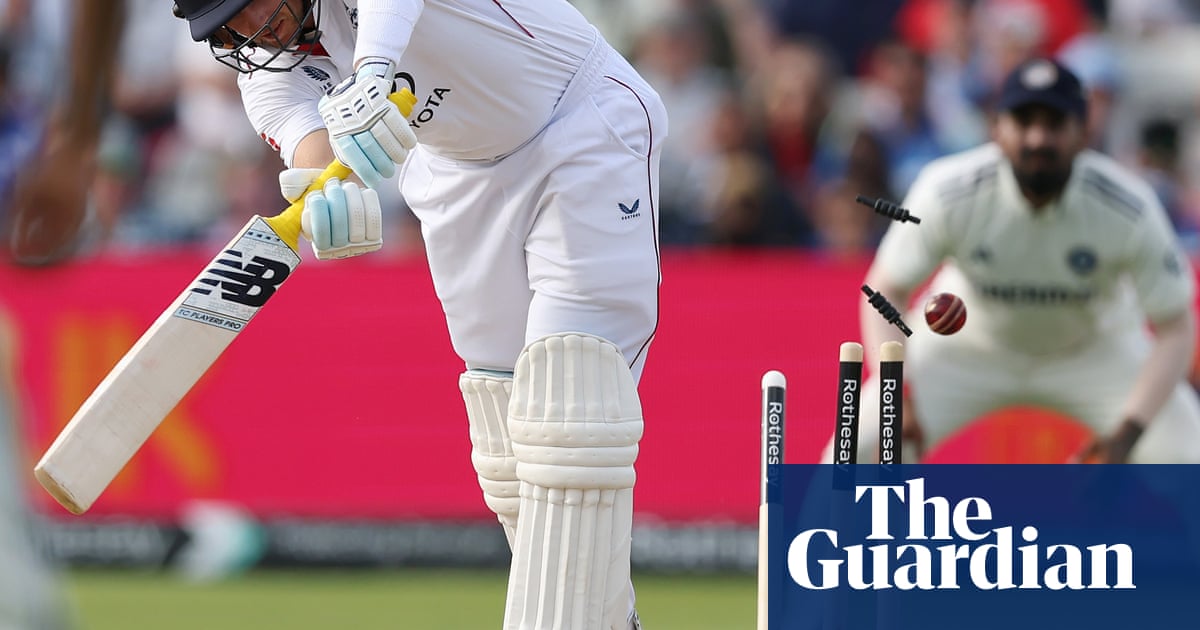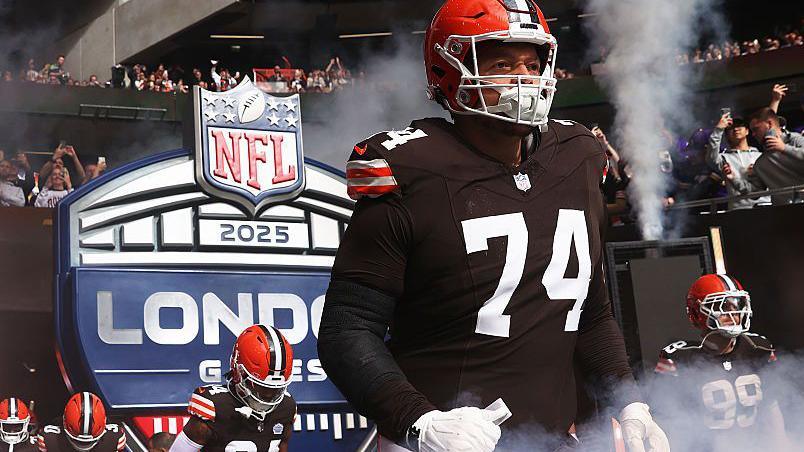 Image source, Getty Images
Image source, Getty Images
The Cleveland Browns were the 'home' team for the first of this season's three London games
ByBen Collins
BBC Sport journalist
Two European football leagues are set to step into uncharted territory after agreeing to take regular-season games abroad for the first time.
Fans, players and even European football's governing body Uefa have stressed their opposition to La Liga's plan to play in Miami in December, while Serie A is set to stage a game in Perth, Australia.
They will not be the first sports leagues to go global, with America's big three - the National Basketball Association (NBA), Major League Baseball (MLB) and the National Football League (NFL) - having held regular-season games overseas for more than two decades.
So how successful have they been, and what do NFL players, fans and teams think about international games?
How NFL went clear of rivals
Since 1990, the NBA has held 40 international games across four countries while MLB has staged 37 in five countries since 1996.
Both leagues have more scheduled over the next year and Leah MacNab, NBA head of international strategy and operations, says international games have "served as a catalyst for the continued growth of the game on a global basis".
But the growth of the NBA and MLB has been dwarfed by that of the NFL. Sunday's game at Wembley was the NFL's 54th overseas game since its first in Mexico in 2005.
Although the number of global NFL fans has grown to 410 million, other sports have far more. It is just the NFL now has a business model that has proved extremely profitable.
The NFL's shared income, which is distributed equally to its 32 teams, has increased from $8bn (£6bn) for 2010 to more than $23bn (£17bn) in 2024 - almost double the NBA and MLB, and triple the Premier League.
That rapid growth began about 2003, when the NFL put a long-term strategy in place, with competitive overseas games seen as the best way to grow American football globally.
London staged annual games from 2007 and the NFL only expanded its international series when it was confident the matches would continue to sell out.
The league initially met opposition from teams because they did not want to sacrifice a home fixture, and from players because of the travel. That began to change as teams saw how popular the games were and because they were made to feel at home.
Henry Hodgson, general manager of NFL UK and Ireland, told BBC Sport the league made it clear teams "had to have a seamless, exceptional experience when they played overseas".
And international games have been held in some of the world's most iconic, state-of-the-art stadiums, such as Wembley and Tottenham Hotspur Stadium, with more to follow.
Why Jaguars have played key role
The Jacksonville Jaguars helped the cause by agreeing to play every year at Wembley from 2013. They are the only NFL team that manages an international game themselves and keep all revenues from it.
"From a financial standpoint, it was better for us to play one game here than in Jacksonville," said Jaguars president Mark Lamping.
"By moving that one game, we actually make the Jaguars stronger. I think that's a good trade-off, and our [US-based] fans have come to understand the reason for it."
The team's regular presence in London has also raised awareness of Jacksonville, helping forge business partnerships between the UK and Florida.
"It's been more successful than we anticipated," Lamping added. "But this wouldn't have worked if it didn't also benefit the city of Jacksonville."
Some fans travel from the US and Europe to attend international games, and usually 90% of the crowd is from the host country. But for Ireland's first NFL game in September, more than 30% were from the US.
That shows how the dynamic at each international game is unique.
What do NFL fans think?
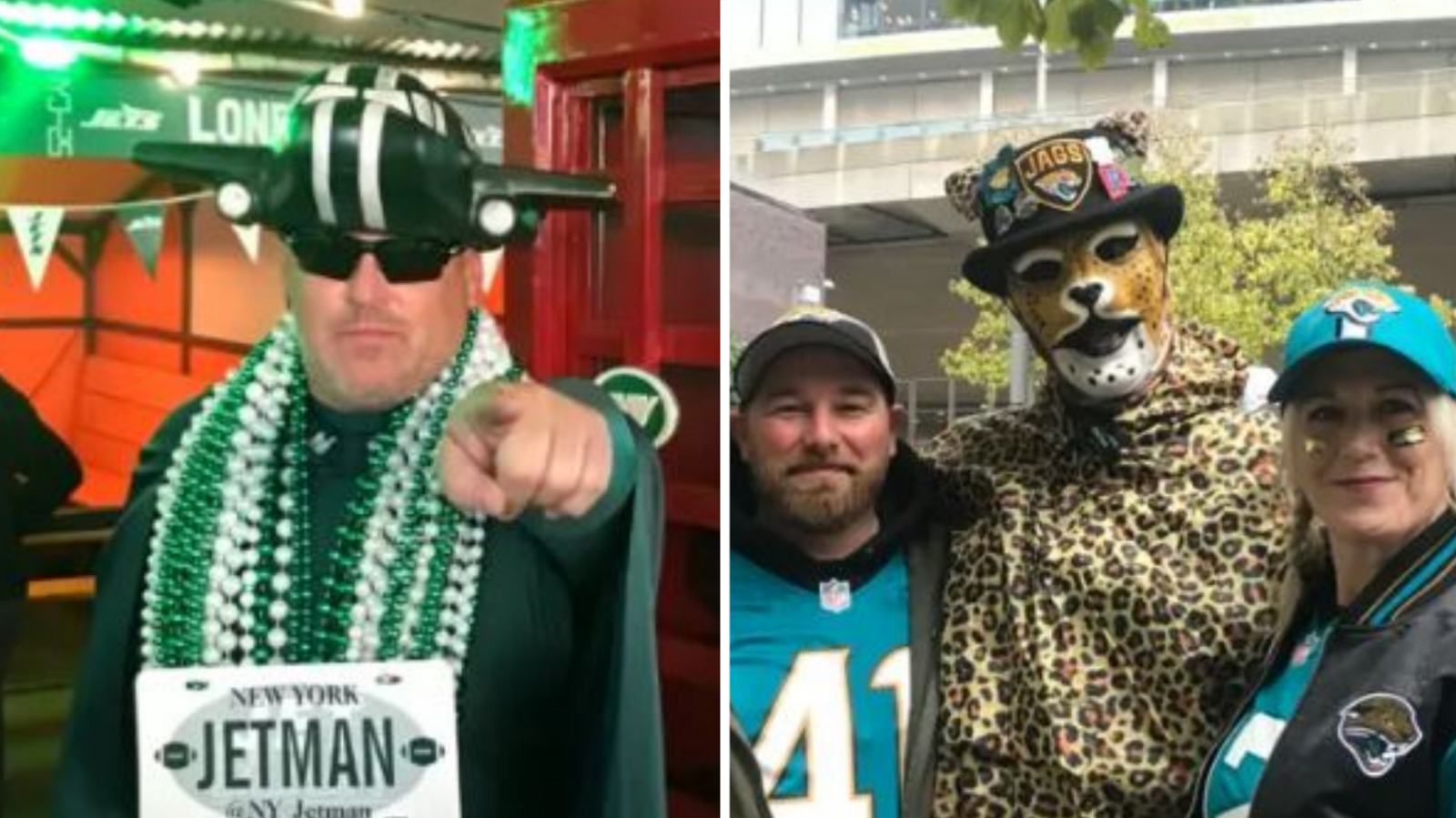 Image source, BBC Sport
Image source, BBC Sport
Jetman and Captain Duval are typical of the NFL fandom at international games
Captain Duval is a long-time NFL fan based in the UK who says he "dipped his toe in" by watching other teams in London before becoming a Jaguars superfan.
"The games are great for fans - they're ever-growing," he said. "We would come just to enjoy the atmosphere but when the Jaguars started playing multiple games here I decided to commit to them and become this character."
Jetman is a New York Jets season-ticker holder who attended their games at Tottenham in 2024 and this month.
"I had so much fun here last year I had to come back," he said. "The NFL is so dominant that if you take a game to a different country, so many people want to visit. I've met so many people from so many countries. I think it's amazing."
Another Jets season-ticker holder in London said: "It's awesome that the NFL does this, but I don't think other sports can beat the American football fandom. I wouldn't recommend them having international games."
An American Jets fan attending his second London game added: "I'm just waiting for them to go to other countries so I can go there too. I didn't know there was this many Jets fans in the UK - it's awesome."
What do NFL players think?
Former NFL receiver Marquise Goodwin, who scored a touchdown in the NFL's first game in Germany in 2022, said: "The energy was amazing - I didn't expect it to be like that.
"It gives guys a chance to travel and see different cultures. I think it's essential for guys to develop into men, not be confined to America, and see that this world is bigger than you think."
Wide receiver Pat Bryant, who grew up in Florida, had not been out of the US before helping the Denver Broncos beat the Jets at Tottenham this month.
"I'm blessed to be able to travel the world playing the sport I love," he said. "Growing up I was a Jaguars fan and I always wondered 'why do they keep going over there?' Then I heard they have a lot of fans over here.
"To see the sport growing and becoming more worldwide, I'd love to see other sports from other countries come to us and show us what they've got."
Quarterback Trevor Lawrence was drafted by the Jaguars in 2021 and Sunday's game against the Los Angeles Rams was his seventh in London.
"It's fun being over here, it really is, and the two stadiums are incredible," he said. "It's just a cool atmosphere to play in."
Rams quarterback Matthew Stafford added: "It's a blast. Sometimes travel is tough, but once you get out here the fans are great."
This year the Minnesota Vikings played in Dublin and then London, becoming the first team to play in two foreign countries in the same season, and afterwards linebacker Jonathan Greenard said he "would not like to do back-to-back [again]".
That is sure to be noted, as another factor in the NFL's international success is the league learns from new things it tries to continue improving the process.
Why games are just part of strategy
Perhaps the biggest lesson for La Liga and Serie A is that the NFL's work in international markets begins years before an actual game comes to town.
The NFL has established a global flag football network while the Jaguars launched their own grassroots programme called JagTag, which reached 100,000 young people across the UK and Ireland in 2024.
Other teams deliver similar initiatives as part of the NFL's global markets programme, to help build brand awareness and fandom. The San Francisco 49ers, for example, are now developing connections in the United Arab Emirates.
Their strategy has three pillars - flag football competitions, community events such as watch parties or charitable initiatives, and being consistently present in the market.
"We want to create a long-term relationship with fans there," said Stephanie Rogers, 49ers executive vice-president of marketing.
"We know their dedication is not contingent on us playing a game there, so we have to show that our commitment to them isn't contingent on a game either."
The UAE might soon host an NFL game though, as Abu Dhabi is one of the cities where the league has conducted a site visit.
This season there is a record seven international games across five countries and under the NFL's current Collective Bargaining Agreement, the league can play up to 10 per year.
So as La Liga and Serie A prepare to take their first step in international expansion, the NFL's global footprint is set to get even bigger.
.png)
 4 hours ago
16
4 hours ago
16
